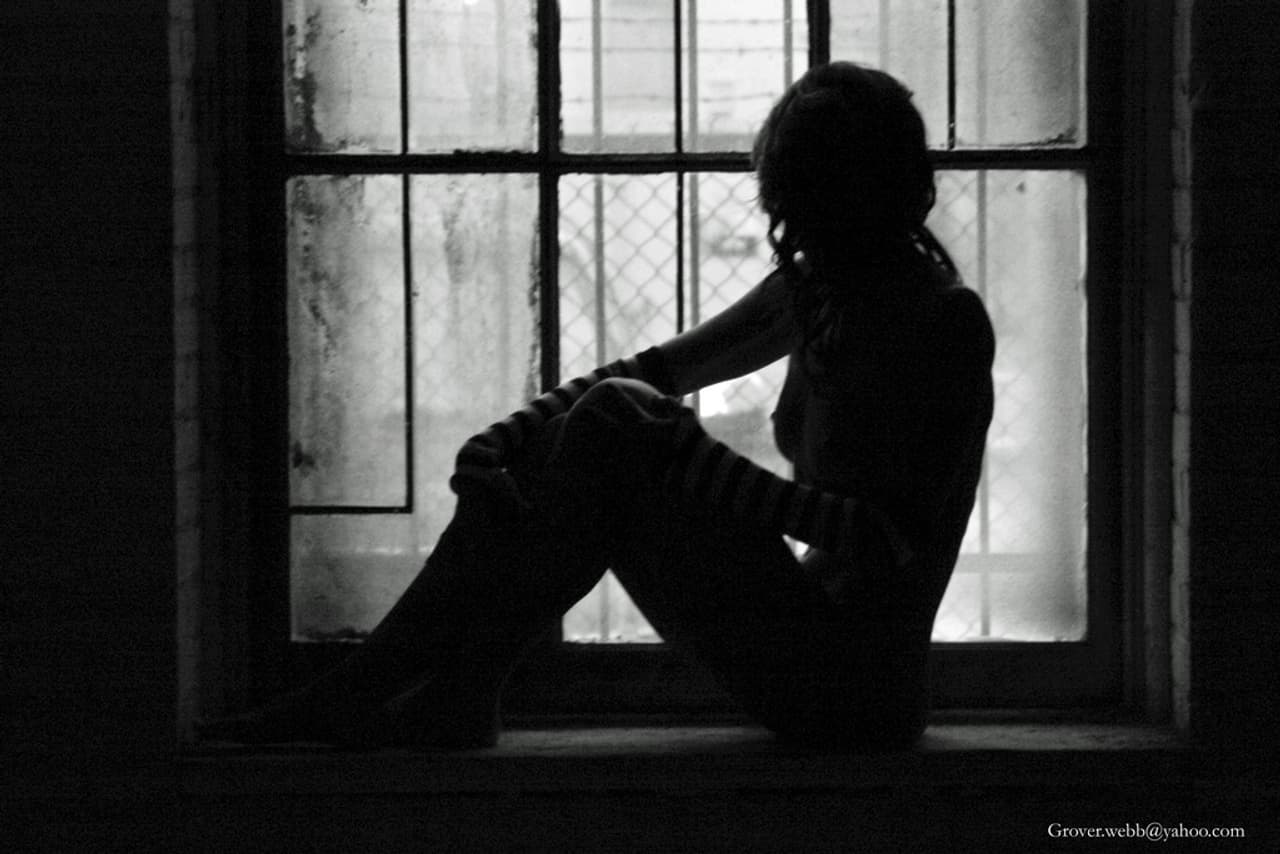
Witness Protection: a life worth living?
Witness protection schemes are often bandied around in crime dramas, where courgaeous witnesses are ferried away to a new life, far from the dirty underworld they have witnessed. However, a File on 4 documentary has revealed that, in the UK, the reality of witness protection can often be disorientating, mundane and frustrating.
Last night’s File on 4, reported by Allan Urry, provided a fascinating insight into the lives of those in witness protection in the UK.
The story starts with Steve, a husband and father, threatened with death after exposing a criminal plan.
‘There is often an unequal balance of power between the police and those they are meant to be protecting.
Fiona Murphy, Lawyer
While Steve may owe his life to the witness protection scheme, he is far from happy with the way he and his family have been treated by the police.
‘We feel like we’re in a nightmare,’ Steve told the BBC, ‘We’re trapped, isolated, we haven’t been allowed to work, we haven’t been able to function properly. So, everything that we had is now gone.’
The focus of Steve’s complaint is based on structural elements within the system. Those going into witness protection are required to sign a memorandum of understanding with the police. This legally enforceable document, which bestows ‘protected person’ status, sets out the police’s duty in protecting the witness. However, it also binds the witness to certain compromises in terms of lifestyle and access to friends and family.
Despite the seriousness of the memorandum Steve was unable to seek legal advice before signing. Indeed, it was even suggested that if he didn’t sign his children would be taken away by social services.
Fiona Murphy, a lawyer with a track record of legal action against the police, told the documentary team that there was often an unequal balance of power between the police and those they were meant to be protecting.
Police records show there are currently 650 cases of protection in UK. Talking to Urry, Assistant Chief Constable Andy Cook, of the Association of Chief Police Officers (ACPO), said there were ‘very few’ complaints from those in the witness protection programme.
Worth it?
Tensions come from the fact that some of those in protection feel they are owed a better standard of living. Steve talks about ‘living on reduced means.’
Another witness, Chris, says that all his questions to the police before the trial were met with the response ‘Don’t worry we’ll take care of it.’ The truth, he found out was very different. ‘They mis-sold me,’ he said. One police officer even told him ‘the world is your oyster… they lied to me,’ he added.
We feel like we’re in a nightmare. We’re trapped, isolated, we haven’t been allowed to work. Everything that we had is now gone.
‘Steve’
Police policy is to create equivalent lifestyles as much as they can, however Cook explained the difficulties of replicating people’s previous lifestyles that may have been based on debt. ‘We can’t be seen to incentivising those that come on to the scheme,’ he said.
In all honesty, there is little about the scheme that sounds appealing. The witnesses interviewed appear isolated, lonely and traumatised. One protected person, Shona talks nostalgically about her past professional career. ‘It’s not enough to just keep people alive… you need to support them to build a new life,’ she said.
Shona admits she has had some kind handlers, but ‘most of the time it feels like being warehoused’. Looking back she regrets not having emigrated rather than becoming part of the system.
Leaked information
However, there are occasions when it is the justice service risking the lives of witnesses. The documentary features the shocking story of young woman informing on gang members in London. Her statements were accidently handed over to the defence team and eventually leaked out to the public, a mistake that happened because her statements were printed on the wrong coloured paper.
Police records show there are currently 650 cases of witness protection in UK
Despite her identity being revealed the woman continued to give evidence which led to the conviction of several gang members. However two men were tried but not convicted and the woman found herself living in danger.
Rather than give up her life she decided to move away. ‘I would rather be dead than never speak to my family again,’ she said. Legal proceeding are being brought against the MET police in this case. They declined to comment.
The documentary certainly raised some poignant questions about the police’s role? Is it enough to keep witnesses alive or does the justice system owe vulnerable witnesses the same standard of living they enjoyed before trials. In such a secretive area it is hard to quantify how big this issue is, but the handful of case studies used certainly show a group of people who have lost everything because of their decision to provide witness statements. It is them, rather than the criminals, who seem to be living the life sentences.
Listen to the File on 4: Witness Protection on iPlayer here.




